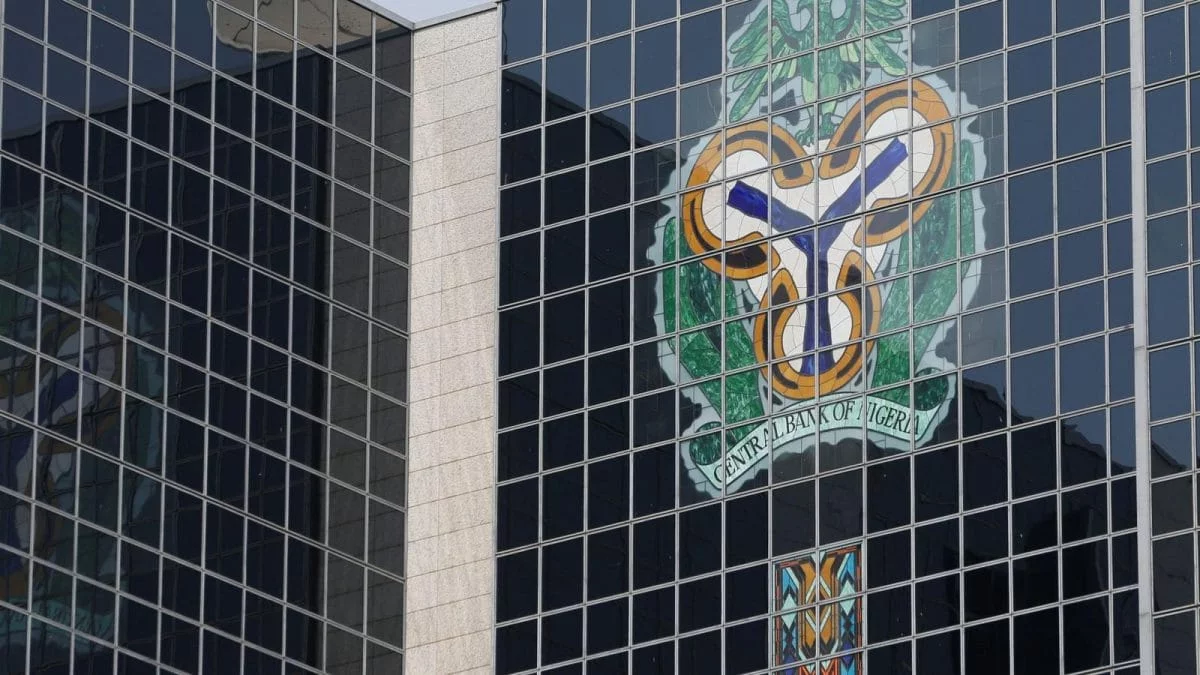The Centre of the Promotion of Private Enterprise says the suspension of the implementation of the Employment Expatriate Levy showed that President Bola Ahmed Tinubu’s administration is responsive and inclusive to the stakeholders’ aspirations.
The Director of CPPE, Muda Yusuf, disclosed this in a statement on Sunday.
The Economic Think Tank group stressed that there are already extant laws and regulations within the framework of the Nigeria Immigration Act and the Expatriate Quota Handbook that squarely address the outcomes contemplated in the EEL.
CPPE urged the federal government to strengthen existing extant regulations, such as the weaknesses that have seen expatriates operate freely in the retail market, competing with indigenous businesses in an open market.
According to CPPE, Nigeria does not lack expertise in the retail sector, hence, the government needs to work against expatriates displacing Nigerian businesses in that sector.
“This gesture is a demonstration of the fact that the Tinubu administration is responsive, democratic and inclusive in its governance process. It shows that the administration is a listening government. Responsiveness to the concerns of stakeholders is a critical attribute of true democracy.
“Meanwhile, as we reflect on the next steps, we wish to stress that there are already extant laws and regulations within the framework of the Nigeria Immigration Act and the Expatriate Quota Handbook that squarely address the outcomes contemplated in the EEL. The handbook is robust and comprehensive and covers the critical issues of technology transfer, localization of jobs, and restrictions of some categories of expatriates from entry into the country based on current skill gaps.
“There is also the National Content Act and the Presidential Executive Orders Three and Five, which focus on the localization of procurement and service opportunities.
“What needs to be done differently is strengthening the institutional and regulatory effectiveness in the Ministry of Interior and the Immigration Service to ensure compliance and enforcement. The truth is that relevant institutions have, over the years, been considerably compromised. These are the gaps that need to be addressed. We do not need a new policy, regulation or handbook on the employment of expatriates. A new regulation or policy will be extra. The current regulations or handbook could be tweaked if necessary.
“Evidence of regulatory weaknesses are the numerous instances of expatriates operating in the retail sector in the open markets, competing with our market women and men. We surely do not lack expertise in retail trading. But we have seen cases of some expatriates taking up shops in our traditional markets”, CPPE stated.
DAILY POST recalls that the Nigerian Government made a U-turn on Friday by suspending EEL implementation, which would see a levy of between $10,000 to $15,000 for employers that employ expatriates in Nigeria.
Earlier on March 3, CPPE condemned the planned implementation of EEL, noting that it would hurt foreign direct investments in Nigeria.
Suspension of Employment Expatriate Levy shows Tinubu’s administration responsive – CPPE



